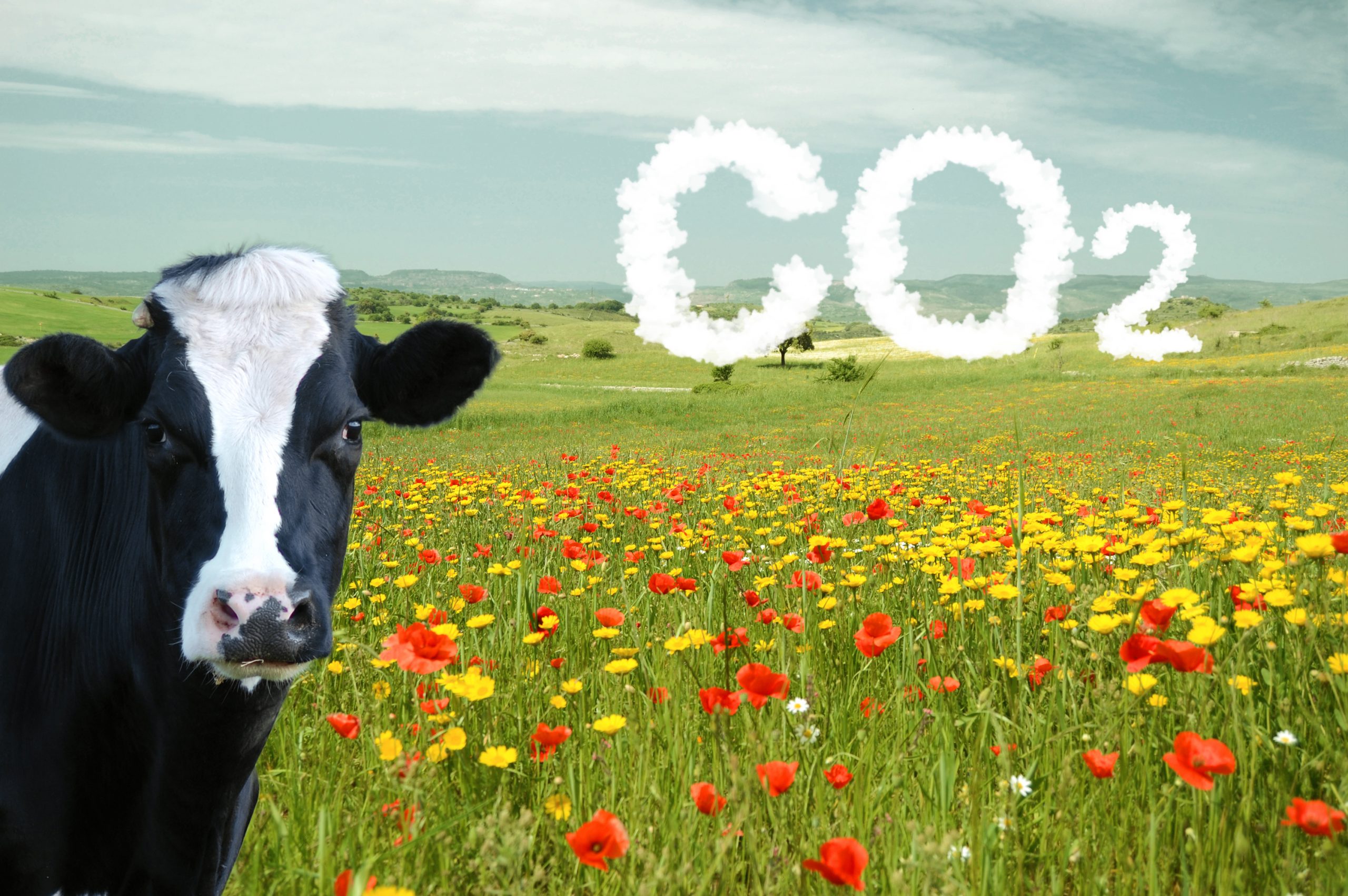Climate Bill will be the ‘ruination’ of agri-food business in NI, says UFU

The Ulster Farmers’ Union (UFU) has said a climate bill supported by most of the Stormont parties will be the “ruination” of the agriculture industry in Northern Ireland.
The bill sets a binding target of net-zero carbon emissions by 2045.
The UFU commissioned a report into the effect the bill’s target would have on agriculture. The report, carried out by KPMG, projects that the target could lead to the loss of 13,000 jobs, a major economic hit and drastic herd reductions.
The UFU in conjunction with the Livestock and Meat Commission (LMC), NI Meat Exporters’ Association, Dairy Council NI, NI Pork & Bacon Forum and the NI Grain Trade Association (NIGTA) commissioned KPMG to conduct the economic impact assessment on the far-reaching consequence of the Private Member’s Bill (PMB). It is tabled by Claire Bailey MLA and supported by Alliance, UUP, SDLP, SF and some independents.
Private member’s Bill
UFU says the PMB supporters did not produce an economic impact assessment or rural needs assessment on the proposals leaving the industry with no choice but to commission independent experts at KPMG to investigate the impact.
The legislation was drafted by an organisation called Climate Coalition NI, and is being led by the Green Party MLA Clare Bailey.
Clare Bailey said she understood the concerns that farmers had but did not believe the effect of her bill would be as harsh as the report suggested.
UFU president Victor Chestnutt has said the report was shocking and that it showed the “rural way of life will disappear beyond recognition”.
“Farmers are going to have to change to address climate change to reduce our emissions on farm – we fully take that on board,” he said. “But doing it in the way of the private member’s bill will cause complete wipe out to our rural communities.
Decimate the agri-economy
“An 86% reduction in cattle and sheep production would completely decimate Northern Ireland’s agri-economy.”
Other key findings from KPMG’s economic impact assessment include:
- The viability of the beef, dairy and sheep sectors are most at risk from herd reductions, while the pig and poultry sectors are likely to be relatively less impacted. Farm level viability will become significantly challenged once herd reductions reach 20 – 40 percent.
- Total economic output would fall by between 8 – 66 percent across the sectors analysed. The negative impacts extend further when considering a reduction in the sector’s capital investment activities, as well as the knock-on impact of herd reductions on abattoirs and other processors.
- Overall herd reductions could lead to a 54 percent decrease in total employment on farms.
Tackling global warming
UFU president Victor Chestnutt said, “Climate change legislation is necessary to tackle emissions from NI; farmers and the agri-food sector are willing and must play their part in tackling global warming. However, we have said from the get-go that NI needs climate change legislation that is fair, credible and backed by science-based evidence supporting local farmers in their efforts to reduce emissions without diminishing our ability to produce food to world leading standards. KPMG’s report undeniably shows that the Private’s Member’s Bill fails to deliver the climate change policy that NI needs to combat emissions appropriately. Instead, it will cause devastation for rural families and communities, and the NI economy as a whole.”
Backbone of the rural economy
Dairy Council for Northern Ireland chief executive Dr Mike Johnston said, “Family run cattle and sheep farms form the backbone of the rural economy. Wiping out these farming businesses for the sake of delivering a further 0.73 percent reduction to UK emissions over and above the Climate Change Committee’s (CCC) advised target, is in no way rational. It would reduce our highly successful dairy sector to a cottage industry creating widespread job losses across farms, processing and ancillary industries, taking us back to levels of milk production last seen in 1946. Unless consumers eating patterns change, dairy and meat produced to lower standards will be imported from other countries to replace high-quality local produce. It would cause carbon leakage with no benefit to greenhouse gas emissions or global warming, and increase levels of food poverty.”
The KPMG report shows that the most marginal areas in NI will be the hardest hit.
Rural families hardest hit
LMC chief executive Ian Stevenson said, “With a 98 percent reduction in beef and sheep farms in marginal areas, farming will be almost completely wiped out in the most rural parts of NI and our countryside, biodiversity and societal enjoyment of well managed farming landscapes will be severely impacted. People living in these rural areas will be left without jobs and other employment will be harder to find. Rural families, whether they are from the farming community or not, are going to be the ones left to pay the price of a 2045 net zero target for NI. As an industry we have been accused of scaremongering, the facts of this economic impact assessment speak for themselves.”
The UFU president concluded stating that NI politicians need to do the right thing and listen to the advice of the CCC before it’s too late.
Significant changes needed
“Without a doubt, significant changes will be needed on farms to help reduce emissions. Our farmers are already contributing to the UK target of net zero by 2050 and the right policy is essential to support our members so they can continue to play their part in tackling climate change. NI legislation needs proper analysis to avoid offshoring our industry and emissions. A short-sighted vote-chasing position is not acceptable and we call on our MLAs to read this report from cover to cover, to come to their senses and realise the damage they will be contributing to should they back this ill-informed net zero target. They need to act in line with the advice they’ve been given to deliver for climate change instead of plucking figures out of a hat that would wipe out the rural economy and destroy rural areas. In short, a PMB is not fit for purpose for something as important as climate change. We need a just transition for all of society, rural voices should not be ignored. It’s time for politicians to start listening to our genuine concerns and working with the agri-food sector and rural communities to deliver climate change legislation that reduces emissions without decimating livelihoods and threatening food security,” said Mr Chestnutt.
Huge impact on farmers
Another climate bill being taken forward by Agriculture Minister Edwin Poots sets a target of 82% less emissions by 2050.
Mr Chestnutt said the earlier deadline and the more ambitious target in the private member’s bill would have a huge impact on farmers.
“The targets for 2050 are very challenging but to try to speed that up, to try to reduce our emissions even more so at a faster rate, would completely wipe our industry out. The problem is that this will mean that we off-shore our emissions – food will have to brought in from the rest of the world.






